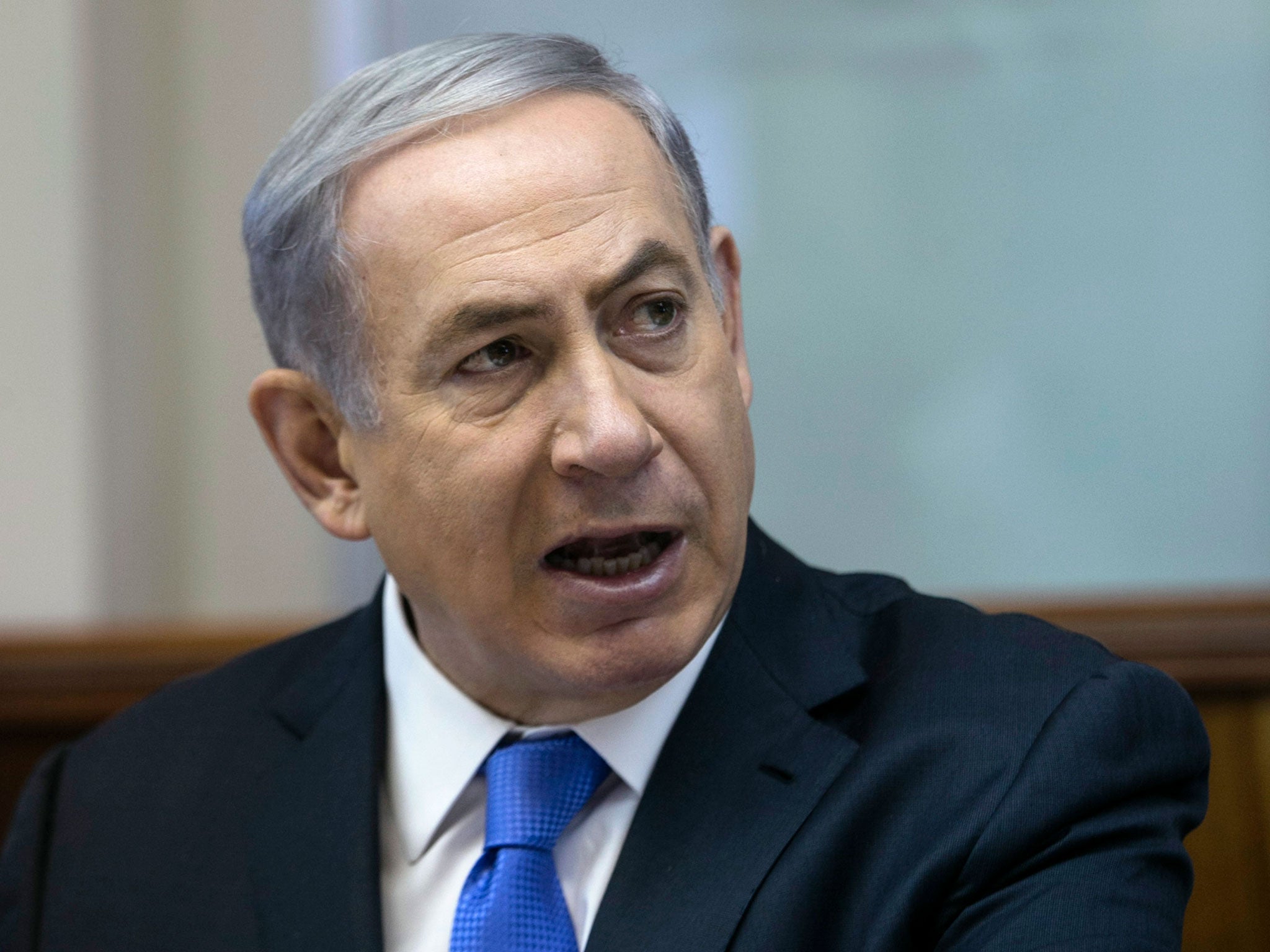Iran nuclear deal: Agreement 'will not stop its aggression,' claims Benjamin Netanyahu as he urges US Congress to hold out for better terms
The Israeli PM believes that relaxing strict sanctions will give Iran billions of dollars to spend on developing nuclear weapons

Your support helps us to tell the story
From reproductive rights to climate change to Big Tech, The Independent is on the ground when the story is developing. Whether it's investigating the financials of Elon Musk's pro-Trump PAC or producing our latest documentary, 'The A Word', which shines a light on the American women fighting for reproductive rights, we know how important it is to parse out the facts from the messaging.
At such a critical moment in US history, we need reporters on the ground. Your donation allows us to keep sending journalists to speak to both sides of the story.
The Independent is trusted by Americans across the entire political spectrum. And unlike many other quality news outlets, we choose not to lock Americans out of our reporting and analysis with paywalls. We believe quality journalism should be available to everyone, paid for by those who can afford it.
Your support makes all the difference.The US will not be offering Israel new weapons supplies in return for the nuclear deal struck with Iran, Pentagon officials have said, as the US Defence Secretary, Ash Carter, flew to Tel Aviv for talks with the Israeli government. Their comments came as the Israeli Prime Minister, Benjamin Netanyahu, urged the US Congress to hold out for a better Iran deal.
“There are many things to be done to stop Iran’s aggression and this deal is not one of them,” he said on CBS’s Face the Nation as he continued a string of US interviews denouncing the deal reached last week between Iran and six major powers. Congress has up to 82 days to decide whether to reject it. Mr Netanyahu believes that the agreement to curb Iran’s nuclear programme will only postpone the moment when Iran becomes a nuclear armed nation, and that relaxing strict sanctions will give it billions of dollars to do so.
Mr Carter is expected to offer other help in improving Israel’s security, including against cyber attacks and maritime threats. Israel also has expressed concern that US sales of advanced weaponry to Gulf Arab states has the potential of offsetting, to some degree, Israel’s qualitative military edge. Aides said that although Mr Carter supported the deal, he had no intention of trying to reverse Israeli opposition to it.
Reuters/AP
Join our commenting forum
Join thought-provoking conversations, follow other Independent readers and see their replies
Comments